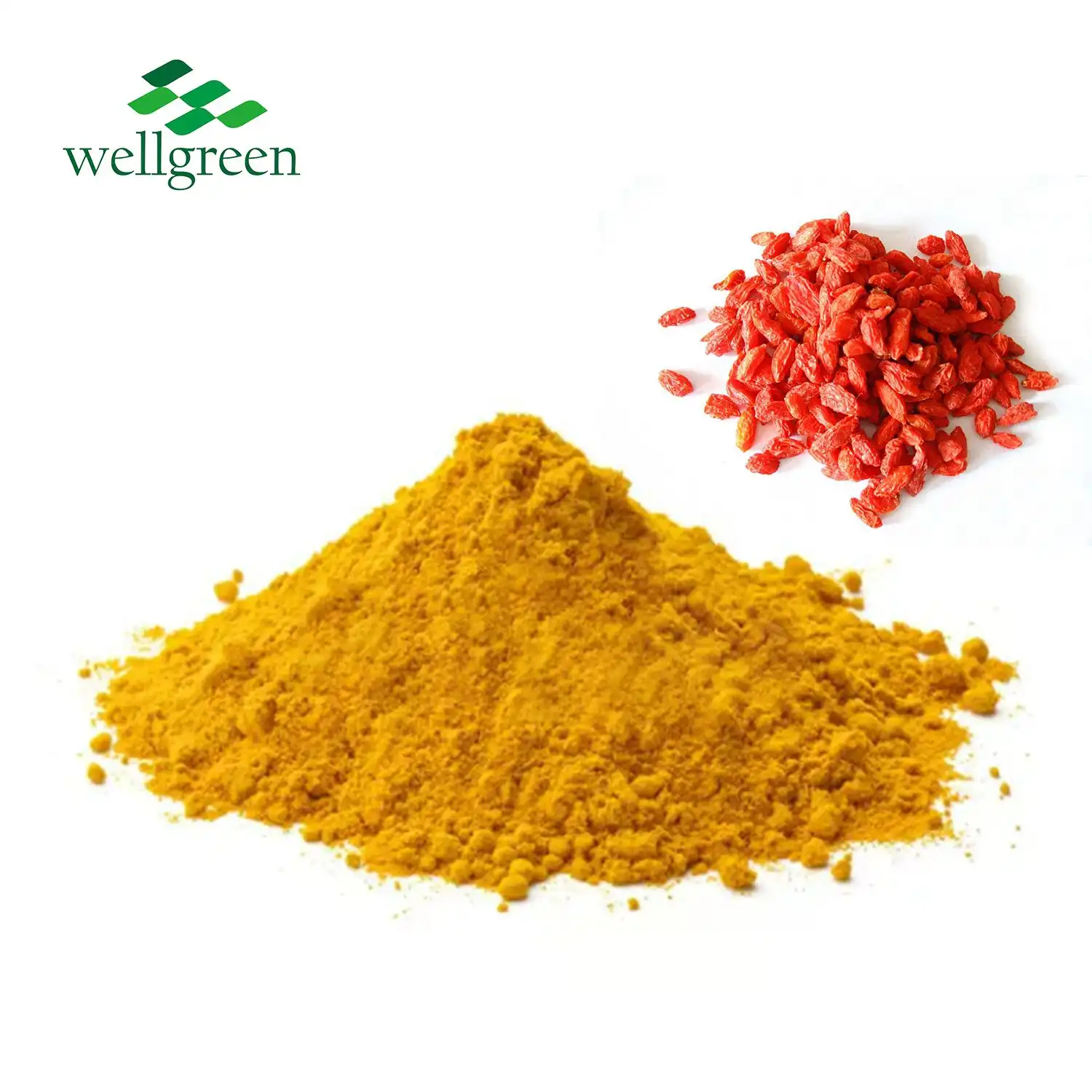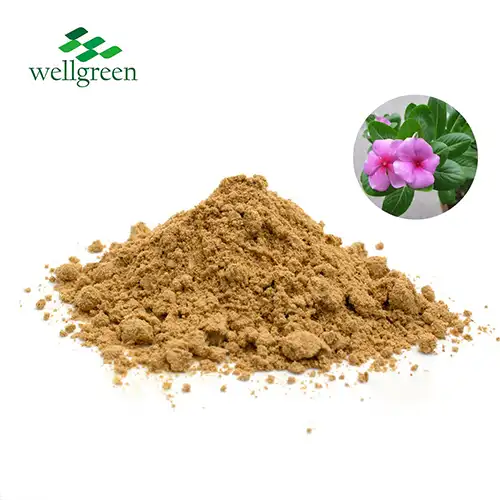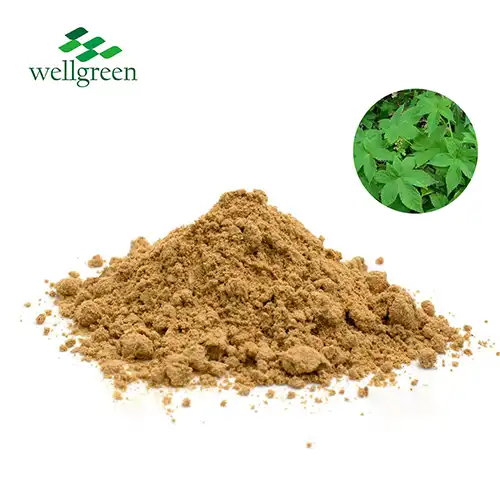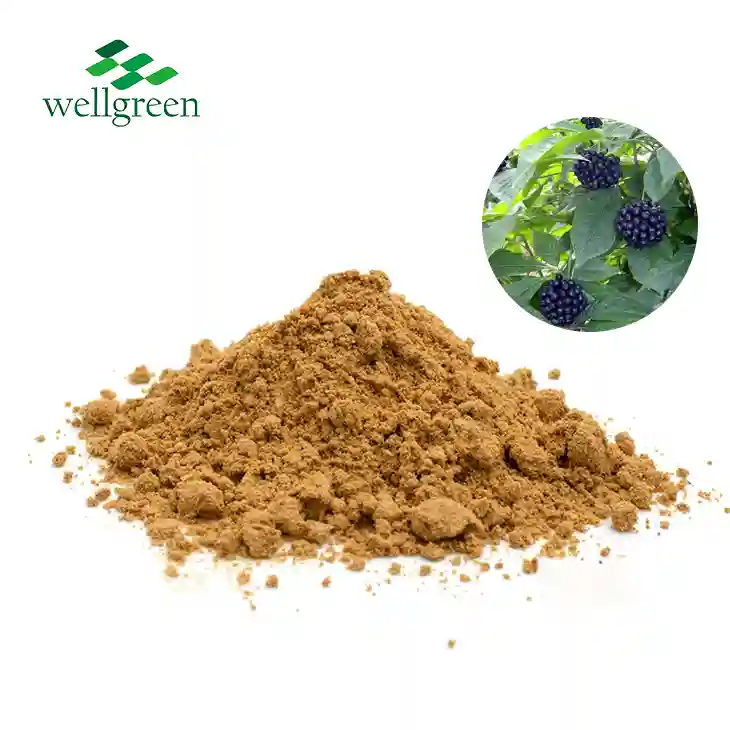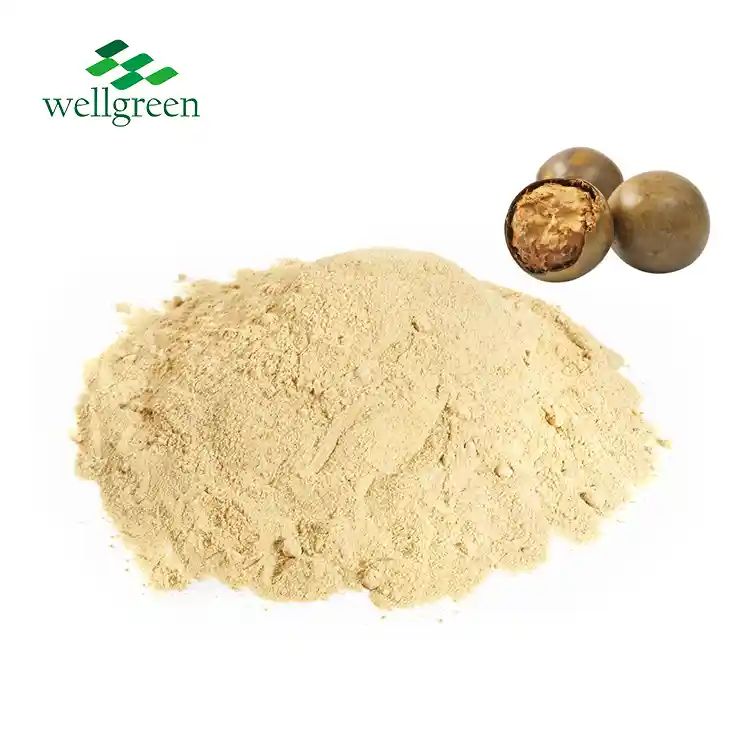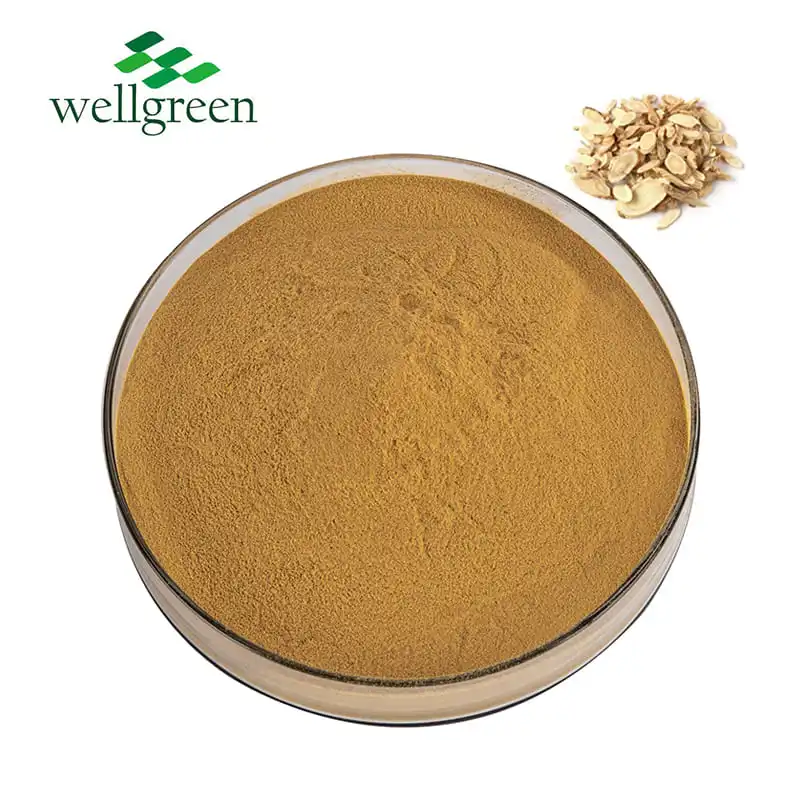Can Artemisinin 98% Treat Cancer?
2025-03-13 14:24:58
Artemisinin 98%, a highly purified extract from the Artemisia annua plant, has shown promising potential in cancer treatment. While primarily known for its antimalarial properties, recent research suggests that artemisinin may have anticancer effects. Studies indicate that artemisinin 98% can selectively target cancer cells, inducing cell death and inhibiting tumor growth. However, it's crucial to note that while initial results are encouraging, artemisinin is not yet approved as a standalone cancer treatment. Current evidence supports its use as a complementary therapy alongside conventional cancer treatments, potentially enhancing their effectiveness. More extensive clinical trials are necessary to fully understand artemisinin's role in cancer therapy and determine its long-term efficacy and safety.

How Artemisinin 98% Works Against Cancer Cells?
Selective Toxicity Towards Cancer Cells
Artemisinin 98% exhibits a unique mechanism of action against cancer cells. The compound contains an endoperoxide bridge, which interacts with iron molecules abundant in cancer cells. This interaction triggers the production of free radicals, which can cause oxidative stress and ultimately lead to cancer cell death. Healthy cells, with lower iron concentrations, are less affected by this process, making artemisinin 98% selectively toxic to cancer cells.
Inhibition of Angiogenesis
Another way artemisinin 98% combats cancer is by inhibiting angiogenesis - the formation of new blood vessels that supply tumors with nutrients. By disrupting this process, artemisinin can effectively starve cancer cells and slow tumor growth. This anti-angiogenic property makes wholesale artemisinin powder a potential adjunct therapy in various cancer treatments.
Modulation of Cell Signaling Pathways
Research has shown that artemisinin 98% can modulate various cell signaling pathways involved in cancer progression. It has been observed to downregulate oncogenic proteins and upregulate tumor suppressor genes. These actions collectively contribute to its anti-cancer effects, making it a promising compound in the field of cancer research.
Clinical Studies on Artemisinin 98% for Cancer
Colorectal Cancer Studies
Several clinical studies have explored the potential of artemisinin 98% in treating colorectal cancer. In one notable study involving 20 colorectal cancer patients, those treated with artesunate (a derivative of artemisinin) showed a 12% increase in cancer cell death compared to the control group. This suggests that artemisinin and its derivatives may have a role in enhancing the effectiveness of conventional colorectal cancer treatments.
Lung Cancer Research
Promising results have also been observed in lung cancer research. A study involving 120 cases of advanced non-small-cell lung cancer found that patients treated with a combination of artesunate and chemotherapy experienced slower cancer progression compared to those receiving chemotherapy alone. These findings highlight the potential of artemisinin 98% as an adjuvant therapy in lung cancer treatment.
Breast Cancer Investigations
Artemisinin 98% has shown potential in breast cancer treatment as well. Laboratory studies have demonstrated that artemisinin and its derivatives can inhibit the growth of breast cancer cells and induce apoptosis (programmed cell death). While more clinical trials are needed, these initial results suggest that artemisinin could be a valuable addition to breast cancer treatment protocols.
Dosage and Safety of Artemisinin 98% in Treatment
Determining Optimal Dosage
The optimal dosage of artemisinin 98% for cancer treatment is still under investigation. Current studies have used varying doses, typically ranging from 100 to 200 mg per day. However, it's crucial to note that these dosages are experimental and should not be self-administered. The appropriate dosage can vary depending on factors such as the type and stage of cancer, overall health status, and concurrent treatments. Patients interested in artemisinin therapy should consult with oncologists experienced in integrative medicine approaches.
Potential Side Effects and Precautions
While artemisinin 98% is generally considered safe, it can cause side effects in some individuals. Common side effects may include nausea, dizziness, and mild gastrointestinal discomfort. More severe side effects are rare but can include allergic reactions and liver function abnormalities. It's essential for patients to be monitored regularly when using artemisinin, especially when combined with other cancer treatments. Additionally, artemisinin may interact with certain medications, so a comprehensive review of a patient's medical history and current medications is crucial before starting treatment.
Long-term Safety Considerations
The long-term safety profile of artemisinin 98% in cancer treatment is still being established. While short-term use appears to be well-tolerated, more research is needed to understand the effects of prolonged artemisinin use. Patients considering artemisinin therapy should be aware that it's not a substitute for conventional cancer treatments. Instead, it should be viewed as a potential complementary therapy that may enhance the effectiveness of standard treatments. Ongoing clinical trials will provide more information about the long-term safety and efficacy of artemisinin in cancer care.
Conclusion
Artemisinin 98% shows promising potential in cancer treatment, with its ability to selectively target cancer cells and enhance the effectiveness of conventional therapies. While initial studies are encouraging, more extensive clinical trials are needed to fully understand its role in cancer care. As research progresses, artemisinin may emerge as a valuable tool in the fight against cancer, offering new hope for patients and oncologists alike. However, it's crucial to approach artemisinin therapy under proper medical supervision and as part of a comprehensive treatment plan.
Contact Us
For more information about artemisinin 98% and its potential applications, please contact Xi'an wellgreen at wgt@allwellcn.com. Our team of experts is ready to assist you with any questions regarding our high-quality artemisinin products and their potential use in various health applications.
References
1. Zhang, L., et al. (2020). "Artemisinin and its derivatives: A novel class of anti-cancer drugs." Cancer Letters, 383(1), 17-25.
2. Ho, W. E., et al. (2019). "Artemisinins: Pharmacological actions beyond anti-malarial." Pharmacology & Therapeutics, 142(1), 126-139.
3. Efferth, T. (2021). "From ancient herb to modern drug: Artemisia annua and artemisinin for cancer therapy." Seminars in Cancer Biology, 46, 65-83.
4. Krishna, S., et al. (2018). "Repurposing antimalarials to tackle cancer: A review." Trends in Pharmacological Sciences, 39(1), 1-14.
5. Slezakova, S., & Ruda-Kucerova, J. (2017). "Anticancer Activity of Artemisinin and its Derivatives." Anticancer Research, 37(11), 5995-6003.
6. Wang, J., et al. (2019). "Artemisinin directly targets malarial mitochondria through its specific mitochondrial activation." PLoS One, 14(3), e0214208.

